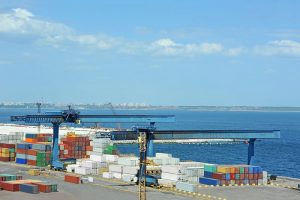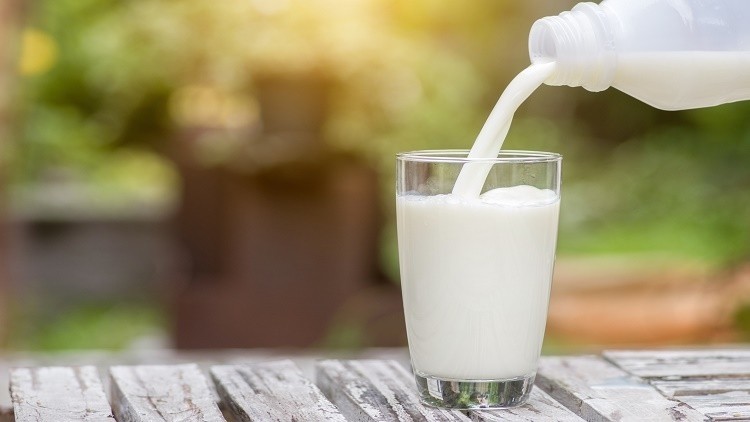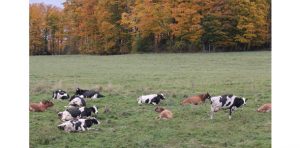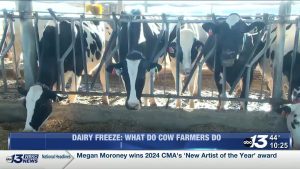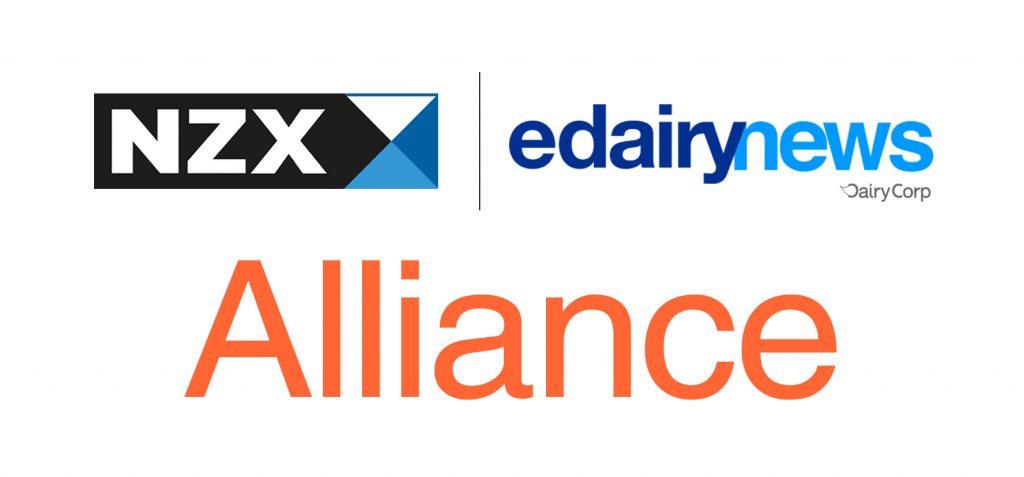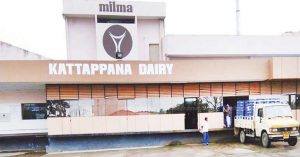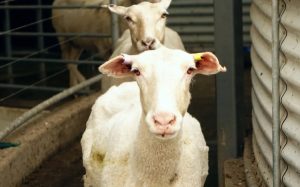Dreamery was launched under Fonterra Future Dairy, a joint venture between Fonterra and India’s Future Group formed last year. Under this new brand, the company has launched three products into the market: toned milk (buffalo milk), curd and chocolate and strawberry milkshakes.
According to Fonterra Future Dairy Chairman Sunil Sethi, the Dreamery range is representative of what the company intends to offer to India in terms of ‘Dairy 2.0’, and its focus is on innovation.
Research firm GlobalData Consumer Research Director Sumit Chopra said that this vision is in line with current local dairy trends, but it remains uncertain how the company will be able to penetrate a market with many major players that have firmly-entrenched positions in the sector.
“[Our] 2018 Q4 consumer survey revealed that 35% of Indian consumers often like to experiment with new dairy products while 70% are willing to pay premium price for better quality dairy products,” he said.
“[Hence], the Dreamery launch comes at a time when the Indian dairy industry is transforming itself and there is a gradual shift from demand for traditional locally-based dairy [to] more value-added and innovative dairy products.
“[However, the] company is trying to crack the relatively high margin value-added milk-based products space and [is] targeting a market share of 5% in seven years, [so] there are questions about how it will hunt ground in [India’s mature] dairy beverage business.
“[Every] region in the country [already] has two to three well-entrenched and well-established market players ranging from Amul, Mother Dairy, Nestle and regional players such as Baba Ramdev’s Patanjali, Nandini Co-op Credit Society, Parag Milk, Vijaya in Andhra Pradesh and Kerala co-op’s Milma, among others.”
That said, the reason that Fonterra is looking to India is understandable – In 2017, GlobalData found that India accounted for 16.9% of value share and 42.7% of volume share in the APAC dairy and soy sector.
“Dreamery [can strengthen] Fonterra Future Dairy’s value-added dairy portfolio in India and [will] cater to discerning Indian consumers, who increasingly prefer high-quality dairy nutrition,” added Chopra.
Fonterra’s downward slide
Charts from the New Zealand Exchange (NZX) showed that Fonterra’s shares have been steadily dropping in value across the past 18 months from January 2018 (NZ$6.60/US$4.37) to June 2019 (NZ$3.86/US$2.56).
“Fonterra made a loss of $196 million in FY 2018 largely because of its write-down on assets. [The company] is also now in asset-selling mode to strengthen its balance sheet,” said AgriFood Systems Principal Consultant Keith Woodford on interest.
“There is emerging concern that perhaps some of the asset sales are not going as well as hoped. Tip Top was easy; some of the others are taking longer. Markets hate uncertainty.”
This situation looks unlikely to change any time soon, until more information emerges from Fonterra as to its asset-sale programme and operational profit for the recent season.
“Fonterra has a balance date of 31 July. It will be a nervous wait,” added Woodford.
The company’s CFO Marc Rivers had previously described company performance to the NZX as ‘not where it needs to be’, and that it was doing ‘everything it can to turn that performance around, [including] a full strategy review’.
Fonterra reported a net loss of NZ$196mn (US$131mn) after tax in its FY2018 annual financial results.
